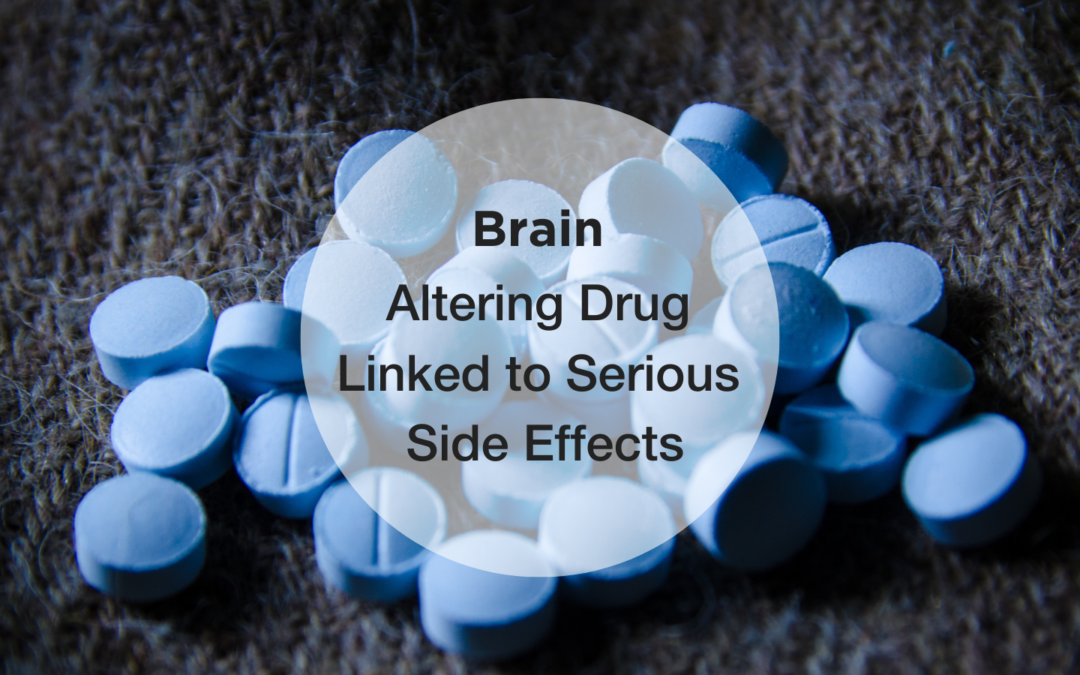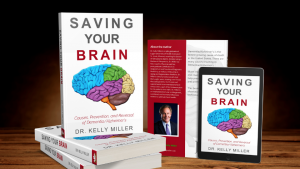Attention deficit hyperactivity disorder (ADHD) medications are usually stimulants. One of the most popular is Adderall.
Adderall is approved by the Food and Drug Administration (FDA) for treating attention deficit hyperactivity disorder (ADHD) and narcolepsy. The FDA also issues a black box warning on the drug’s labeling that tells consumers of its high potential for abuse and associated risks of drug dependence, cardiovascular complications, and even death from misuse. Abuse of Adderall can be highly dangerous, as the drug can have neurotoxic effects. Adderall neurotoxicity is damage to the nervous system, and in the case of Adderall, it refers to neuron and nerve damage caused by high levels of dopamine.
What is Adderall?
Adderall is a mixture of the stimulant drugs amphetamine and dextroamphetamine. It is a prescription medication dispensed to treat attention deficit hyperactivity disorder (ADHD).
Adderall has been linked to serious side effects, including heart attack and stroke, in people with heart defects.
Stimulants can be addictive, and it’s possible to become dependent on them if your dosage isn’t monitored by a doctor. Misuse of prescription stimulants can cause an overdose.
There are potential side effects. These can include:
* stomach ache
* decreased appetite
* nervousness
* restlessness
* headaches
* problems getting to sleep or staying asleep
* dizziness
* dry mouth
* hoarseness
* slowed speech
* changes in vision
* irritability
* increased heart rate
Adderall can also slow a child’s growth. Serious side effects can include fever and weakness or numbness of the limbs.
Adderall withdrawal
Misusing or overusing Adderall and then stopping suddenly can cause symptoms of withdrawal. Symptoms of withdrawal can include:
* feeling uneasy
* insomnia or sleeping too much
* hunger
* anxiety and irritability
* panic attacks
* fatigue or lack of energy
* depression
* phobias or panic attacks
* suicidal thoughts
So, what are the alternatives to taking Adderall or other drugs commonly used to treat ADHD? At Saving Your Brain, our programs are designed to help children, teens, and adults improve focus, stress management, anxiety, memory, comprehension and performance through our drug-free brain training programs.
Our patients are experiencing improved Dopamine levels with nutritional supplements. The audio-visual entrainment system, combined with the results from neurofeedback and photobiomodulation shows improved beta waves results and brain imbalance corrections. Most importantly, our personalized, holistic program engages the brain and body to address aspects of daily functioning, including emotional, social and behavioral issues without side effects.
Saving Your Brain combines cognitive brain training with sensorimotor exercises. Our drug free program is tailored to meet the needs of our patients.
Ask about our Initial Brain Assessment which offers a comprehensive review and tests for imbalances in the brain that need correction. Our cold laser therapies are stacked with other programs to give faster results for our patients.
Our programs include:
Contact us today at info@savingyourbrain.com to get started.


